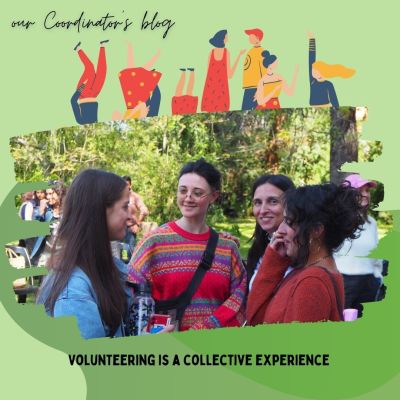Laura talked about the students' and families' relationship with the virtual classes, how it was the first impression and how they see the situation now. She also talked about the uncertainty of the context and the perceived economic difficulties.
"The truth regarding families and virtuality is that many are happy, although they were very insecure at first, they see that the children are not wasting their time. Many find it hard to pay the fees, despite the discounts, but they realize that the kids really learned and it wasn't a lost year.
On the other hand, there is uncertainty regarding everything: what is going to happen with education, whether there will be classes or not next year, at the level of the country as well. For me personally, the cut from December to March is always terrible because the courses do not have continuity and it's only in February or March that you find out what is going to happen to your year. That also happens to many families, they say 'good, I make the effort to get to December and then we see what happens next year', more so because English does not appear as something of first necessity. But well, always betting on more and always including new proposals."
She also added her perception about the uncertain future of the classes, the prioritization of everyone's health, and the challenge of preparing for next year without being certain whether the context will allow for face-to-face classes or not.
"Another thing that I can add is that many people were a little reluctant to the virtuality because it also becomes tiresome several hours a day. The kids have school, English classes, or other activities that they do. Anyway, later on, many found it more comfortable and said they do not know if they would return to the classroom. Of course, first, there is the health of all. As an institute, we do not have large facilities as a school, we don't have the capacity to maintain social distance and we do not think to expose the teachers who have to travel. This will be a topic to discuss over the summer, we will have to think what to do next year. But it is good that some of them said that it was a good year, that they felt comfortable being at home and not lose time traveling."





